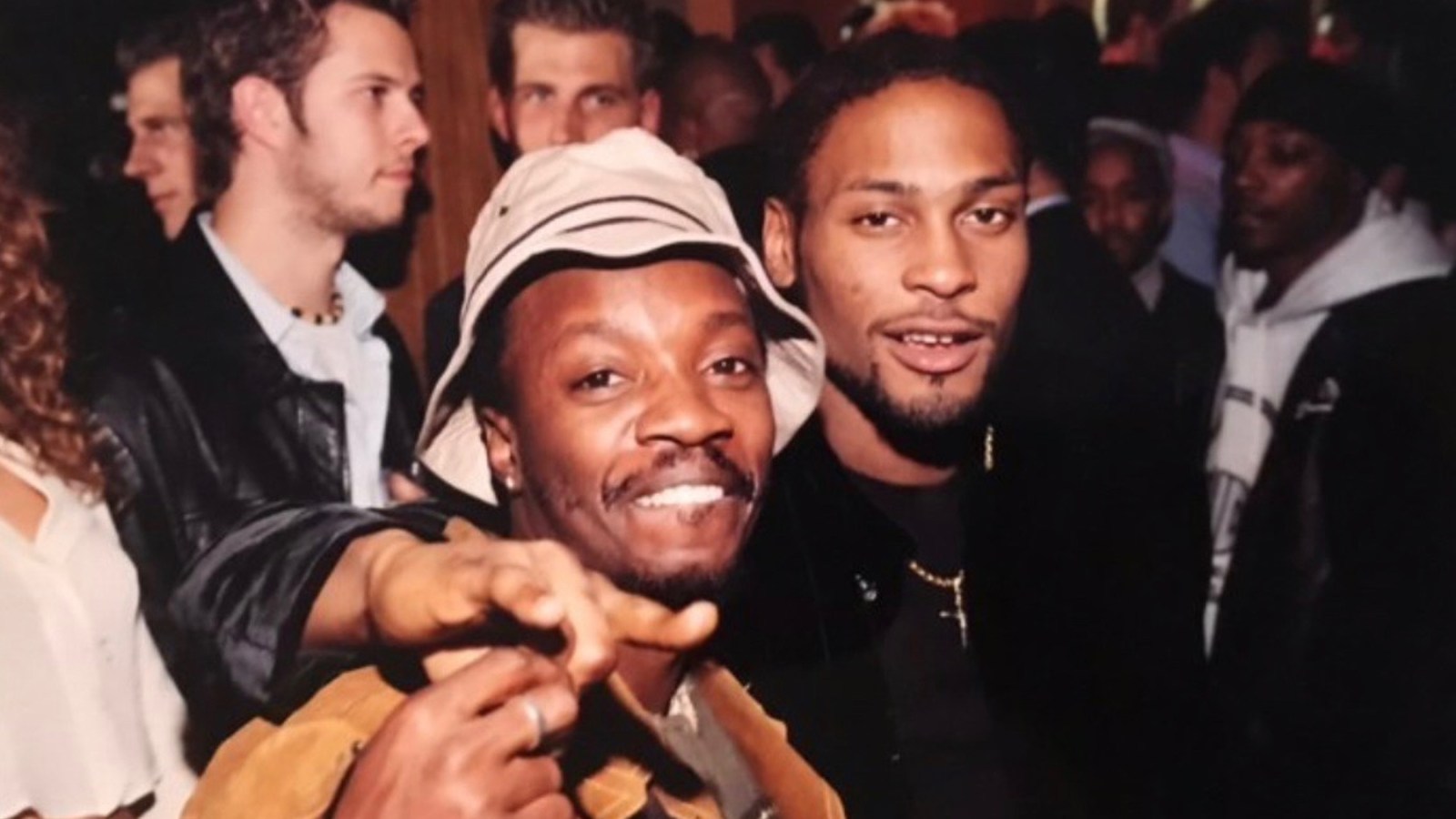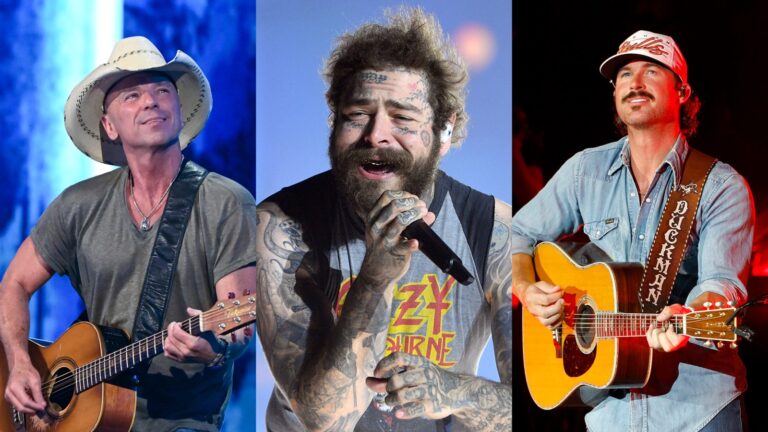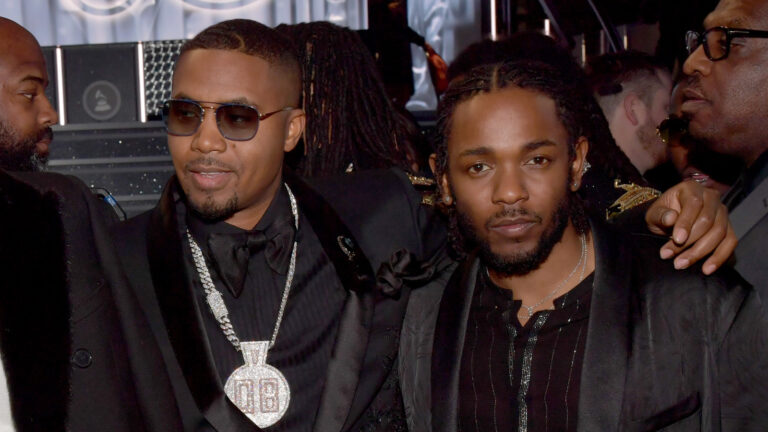Two weeks ago, Anthony Hamilton’s phone rang with a call from an old friend. D’Angelo, the visionary soul artist who died Oct. 14, was reaching out for one last conversation with the singer whom he lovingly called Ant-eezy.
“By the time I got to the phone and realized it was him, I called him back, he didn’t pick up,” Hamilton tells Rolling Stone. As soon as he heard news of D’Angelo’s death, he started to wonder what he might’ve missed from their final talk. He imagines that call could have been a chance to thank the artist he sees as one of his most important mentors: “Man, I come from a good school.”
Before launching a Grammy-winning solo career, Hamilton flanked D’Angelo for eight months as one of the background singers on the Voodoo world tour in 2000. As a member of the Soultronics, as the 13-person touring band was called, Hamilton stood harmonizing and improvising behind the man who was crafting a new foundation for soul music. “Every night, you’d see people come out there just to be engulfed in something so powerful that they couldn’t even get their breath right,” Hamilton recalls. “You didn’t know whether you were feeling church, rock & roll, blues or whatever it was. You just knew it was something that you hadn’t felt in 100 years or more.”
The Voodoo tour was Hamilton’s first. He says it was an opportunity that blossomed from a failed record deal and a canceled debut album, called XTC, which would have come out around the same time as D’Angelo’s own debut, 1995’s Brown Sugar. “That’s how he became aware of who I was as an artist,” Hamilton says. “I got the call once he realized my album didn’t come out and Uptown Records had folded.” The 77-show tour took him across the U.S. and to South America and Europe. “I came back better,” he adds. “I learned a lot from watching from that perspective, from the background. You learn how to be a leader when you can follow somebody as great as D’Angelo.”
In later years, as Hamilton went on to make his own albums, featuring R&B hits like “Charlene” and “Point of It All,” he took the lessons he’d learned from the complex arrangements he was part of on the road. “On our lunch breaks, instead of going to eat just to be eating, we’d be going over parts, like ‘This motherfucker got some shit,’ Hamilton recalls. “’I’m grateful that I had the opportunity to be a part of that and to learn it the way I did. I didn’t go to a four-year college, but that was actually 16 years of university for me.”
Stretched across the first year of the new millennium, the Voodoo tour began two months after the release of the Grammy-winning album it supported. At many shows, Hamilton says, the last song was “Untitled (How Does It Feel),” the hit that became a double-edged sword as its music video skyrocketed D’Angelo’s fame but also gave the artist complex feelings around being seen as a sex symbol. As each show ended, the chorus would repeat, with one member of the Soultronics unplugging their instrument and walking offstage after each “How does it feel,” leaving D’Angelo as the last one to say goodbye to the crowd. Hamilton, who was often the second-to-last onstage, says the memory gives him chills. ”Such a spiritual moment,” he says. “He’d be the last one playing, and he’s singing, and it’s just ringing out …That was genius. What a big loss.”
Hamilton, who is currently on a run of his own called Soul on Tour, plans to carve out a piece of his show in dedication to D’Angelo with a rendition of “Untitled” added to the setlist. Hamilton says his band the Hamiltones will sing and perform it in a way that brings “the spirit of D” to the audience. “He loved me,” he says, remembering the embraces D’Angelo would give him before showtime. “I know he loved me, and he was proud of what I represented for the Black culture and music, and he thought my voice was something special.”
As D’Angelo is remembered in the coming months, the singer hopes that anyone who’s not familiar with his life’s work takes away the right lessons. D’Angelo’s memory teaches that “it’s OK to be naturally and authentically Black in your music,” Hamilton says. Thinking of some of today’s younger musicians, he continues, “I don’t think they know how to reconnect with love and passion and still be funky, still be gangsters, still be hood, you know, and make it beautiful. Put respect back into the music. Put music back into the music. And it’s OK to take your time.”



